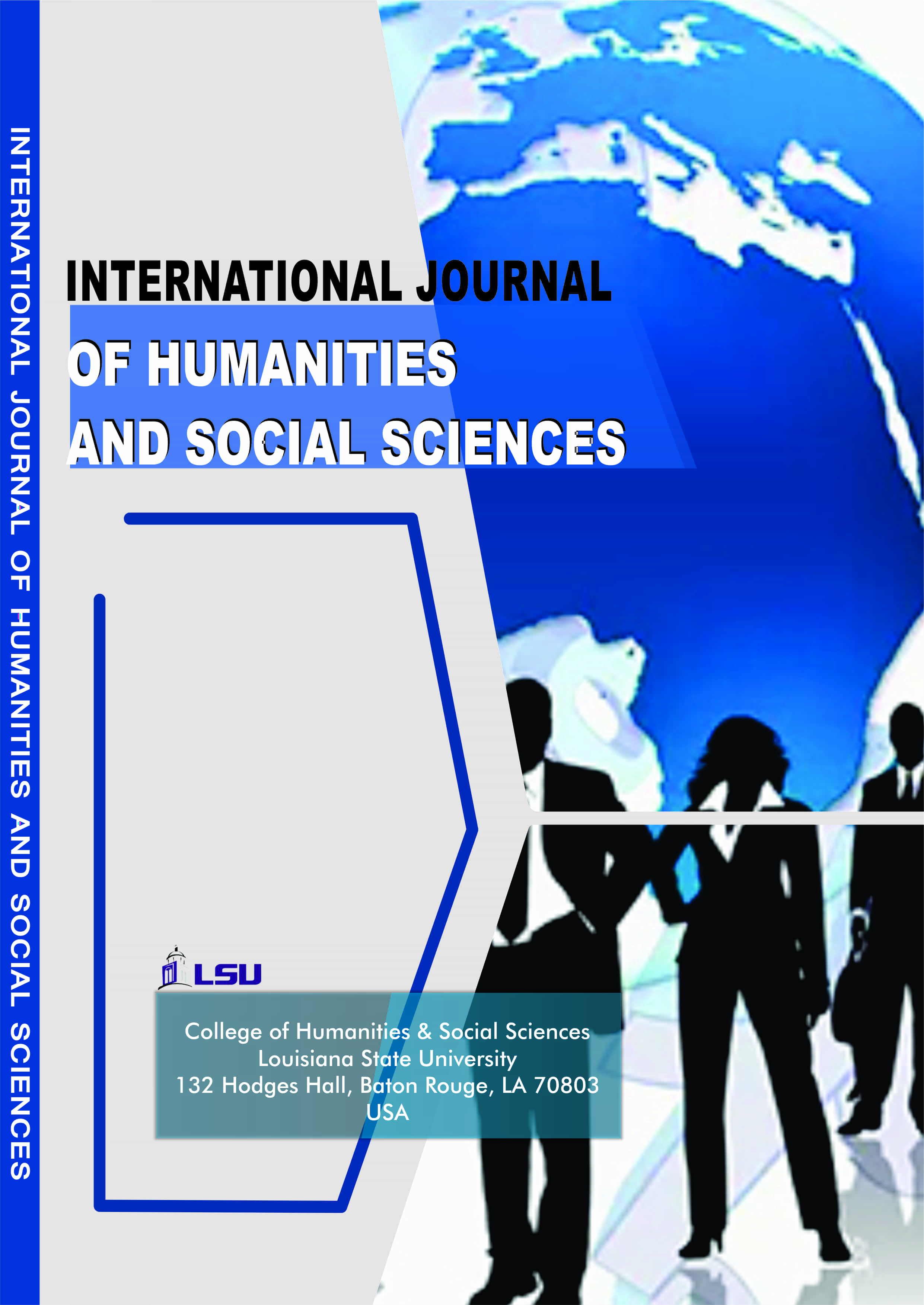INTERNATIONAL JOURNAL OF HUMANITIES AND SOCIAL SCIENCES (IJHSS)
The Importance of Music Education in the Cognitive Development of a Child Age 0 – 6 Years in Obio/Akpor Local Government, Rivers State
E-ISSN: 3435-6457
P-ISSN: 8654-3552
DOI: https://iigdpublishers.com/article/490
Music education has long been recognized for its benefits to individuals of all ages. Recent studies have focused on the importance of music education in the cognitive development and academic achievement in a child. This article aims to explore the positive effects that music education can have on child’s cognitive abilities and academic performance. Studies have shown that music education enhances cognitive abilities such as memory, attention, and spatial reasoning. Music education also improves academic performance, particularly in reading and mathematical skills. The cognitive skills acquired through music education are transferable to other areas of academic performance, resulting in an overall improvement in academic achievement. Given the significant benefits of music education, it is essential to provide music education in schools to enhance cognitive abilities and academic performance in a child. The paper recommends amongst other that parents should expose their child to music environment at early stage in order to significantly impact sensory, cognitive, and socio-emotional developments which serve as a benefit to the child.
Offor Ndubuaku Kate
Custodero, L. A., & Johnson-Green, E. A. (2003). Passing the Cultural Torch: Musical Experience and Musical Parenting of Infants. Journal of Research in Music Education, 51(2), 102–114.
Dean, B. (2021). Young children, solitude and singing: Self-directed singing and personal agency in three- and four-year-old children at home. Early Child Development and Care, 191(12), 1858–1870.
Fancourt, D., & Perkins, R. (2018). Maternal engagement with music up to nine months post-birth: Findings from a cross-sectional study in England. Psychology of Music, 46(2), 238–251.
Gee, D. G. (2016). Sensitive Periods of Emotion Regulation: Influences of Parental Care on Frontoamygdala Circuitry and Plasticity. New Directions for Child and Adolescent Development, 2016(153), 87–110.
Hardmeier, M., Hatz, F., Bousleiman, H., Schindler, C., Stam, C. J., & Fuhr, P. (2014). Reproducibility of Functional Connectivity and Graph Measures Based on the Phase Lag Index (PLI) and Weighted Phase Lag Index (wPLI) Derived from High Resolution EEG. PLOS ONE, 9(10), e108648. https://doi.org/10.1371/journal.pone
